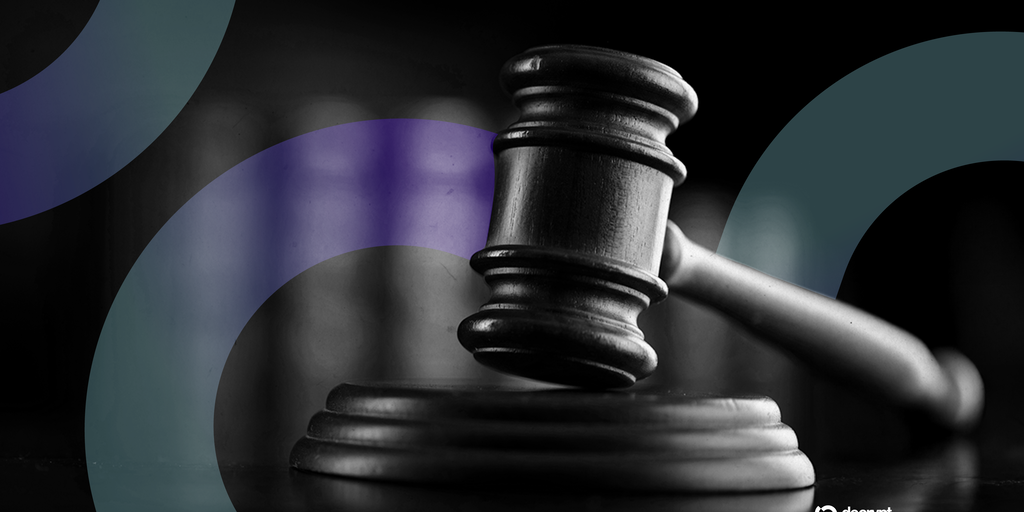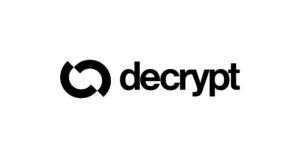In brief
Illinois Governor J.B. Pritzker signed the Digital Assets and Consumer Protection Act (SB1797), giving regulators authority over crypto exchanges and mandating fraud safeguards.
Pritzker also signed the Digital Asset Kiosk Act (SB2319), requiring ATM operators to register, cap fees at 18%, limit transactions, and refund scam victims.
Illinois now has about 1,482 crypto ATMs, up from 1,687 in 2022, as lawmakers move ahead of weak federal oversight with stricter state-level rules.
Illinois became the first state in the Midwest to pass comprehensive safeguards for crypto users on Monday, as Governor J.B. Pritzker signed two bills aimed at curbing fraud in a market where residents lost more than a quarter-billion dollars last year.
“While the Trump Administration is letting crypto bros write federal policy, Illinois is implementing common-sense protections for investors and consumers,” Pritzker said in a Monday statement.
The Digital Assets and Consumer Protection Act (SB1797) and the Digital Asset Kiosk Act (SB2319) were signed into law after months of debate in Springfield.
Together, they set new rules for digital asset businesses and impose restrictions on crypto ATMs, where scams have become increasingly common.
Both bills were sponsored entirely by Democratic lawmakers.
Illinois’ new crypto framework
The new framework gives the Illinois Department of Financial and Professional Regulation authority to oversee exchanges and wallet providers while requiring companies to adopt cybersecurity safeguards, anti-fraud measures, and basic consumer service standards.
State Senator Mark Walker first introduced SB1797 in February, with the legislation gaining momentum in April when the Illinois Senate Executive Committee passed it in an 8-4 vote.
Walker then cited mounting crypto fraud losses, noting that Illinois residents lost over $163 million in 2023 alone.
The FBI reported that Illinois residents lost $272 million to crypto fraud in 2024, recording 4,657 crypto-related complaints, making it the most common form of financial crime in the state.
The state also ranked fifth in the nation for crypto fraud complaints and losses, behind only California, Florida, Texas, and New York.
Crypto kiosk crackdown
SB2319 requires ATM operators to register with state regulators, cap transaction fees at 18%, limit daily transactions for new customers to $2,500, and issue full refunds to victims of scams.
Some provisions, including kiosk refunds, take effect immediately, while businesses have until July 1, 2027, to register with the state.
Illinois currently hosts about 1,482 crypto ATMs, up from around 1,687 in 2022, with installations beginning in 2014, according to Coin ATM Radar.
Federal crypto legislation backlash
The governor’s statement cited federal deregulation efforts and reduced oversight of crypto businesses under the Trump administration.
Senator Elizabeth Warren (D-MA) warned last week that newly passed crypto legislation “supercharges President Trump’s corruption,” citing his family’s crypto business benefits from billions in foreign backing.
Warren accused the crypto industry of writing its own regulatory framework and called current federal restrictions “weak, weak restrictions” that enable use by “terrorists and drug traffickers.”
Banking groups have also pushed back against the recently enacted GENIUS Act, recently warning Congress about loopholes that could trigger massive deposit flight from traditional banks to yield-bearing stablecoins.
Daily Debrief Newsletter
Start every day with the top news stories right now, plus original features, a podcast, videos and more.

















